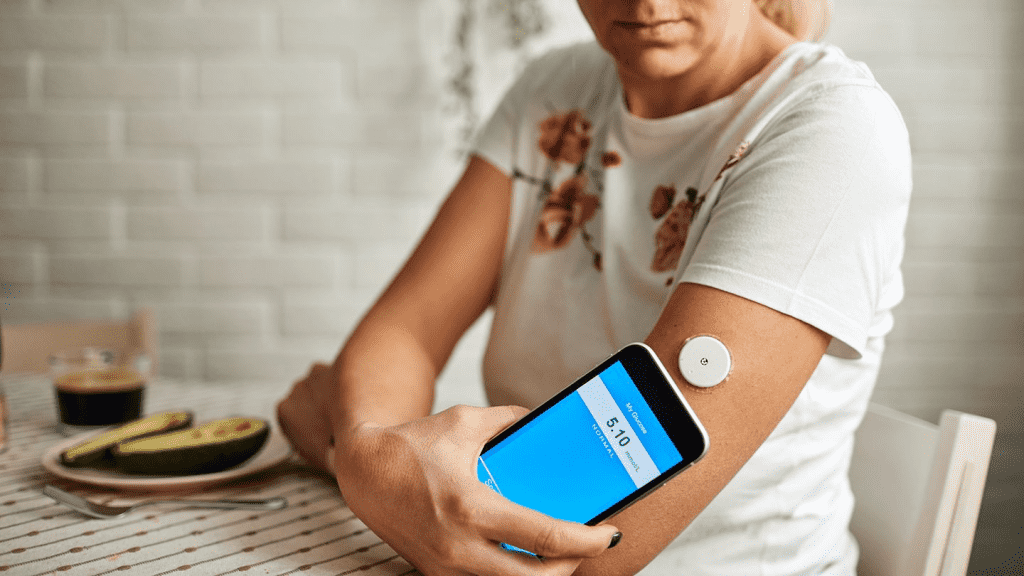Researchers at the University of Portsmouth in the U.K. are recruiting volunteers for a trial that will test hypoxia – a state where the body does not receive enough oxygen – as an intervention for Type 2 diabetes press release from the university announced.
People in ages above 45, Type 2 Diabetes is a chronic condition that affects one in 10 Americans today. Apart from negatively impacting daily lives, increased blood sugar levels increase a person’s risk of developing health issues in the eye and the heart.

Traditional treatment of diabetes includes maintaining a healthy weight and cutting down blood sugar levels through a combination of diet and exercise.
Multiple studies have shown that hypoxia improves blood sugar levels and aids in weight loss. Although scientists do not fully understand how this works, it is suggested that hypoxia burns more calories in the body, resulting in lower appetites in individuals. With a lesser intake and more expenditure of stored energy, individuals have been seen to lose weight when sleeping in reduced oxygen environments.
A team of researchers led by Dr. Ant Shephard at the School of Sport, Health and Exercise at the University of Portsmouth is looking to deploy the method to replicate the gains in patients with Type 2 Diabetes under controlled conditions and try to gain a deeper understanding of the how the treatment works.
Each volunteer will be provided with a sleeping tent in which they have to sleep for 10-day periods on two separate occasions. The tent which will control the oxygen levels available for the volunteer during their sleep will be set up by the research team in the volunteer’s home.
For the first 10-day period, the oxygen levels will be 15 percent.

The trial will be continued over eight weeks, during which participants will wear smart monitors, keep a food diary, and provide blood, urine, and stool samples for analysis. They will also go through body composition scans, and their blood glucose levels will be tested to understand how their bodies react to hypoxia.
“With the number of people living with Type 2 Diabetes expected to reach 700 million worldwide by 2045, is it vital that we find other successful interventions to help us treat and manage the condition, and make people’s day-to-day lives better,” added Dr. Shephard in the press release.


